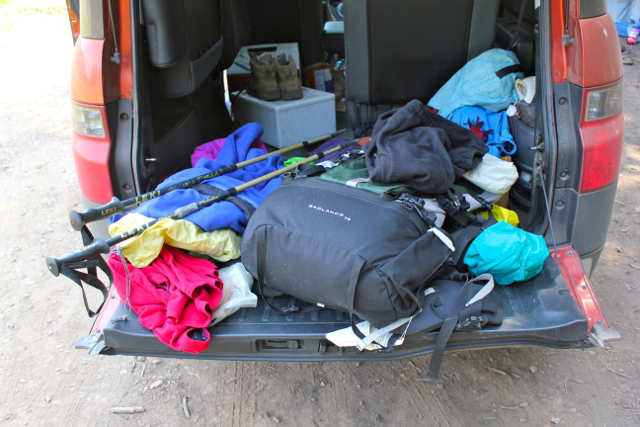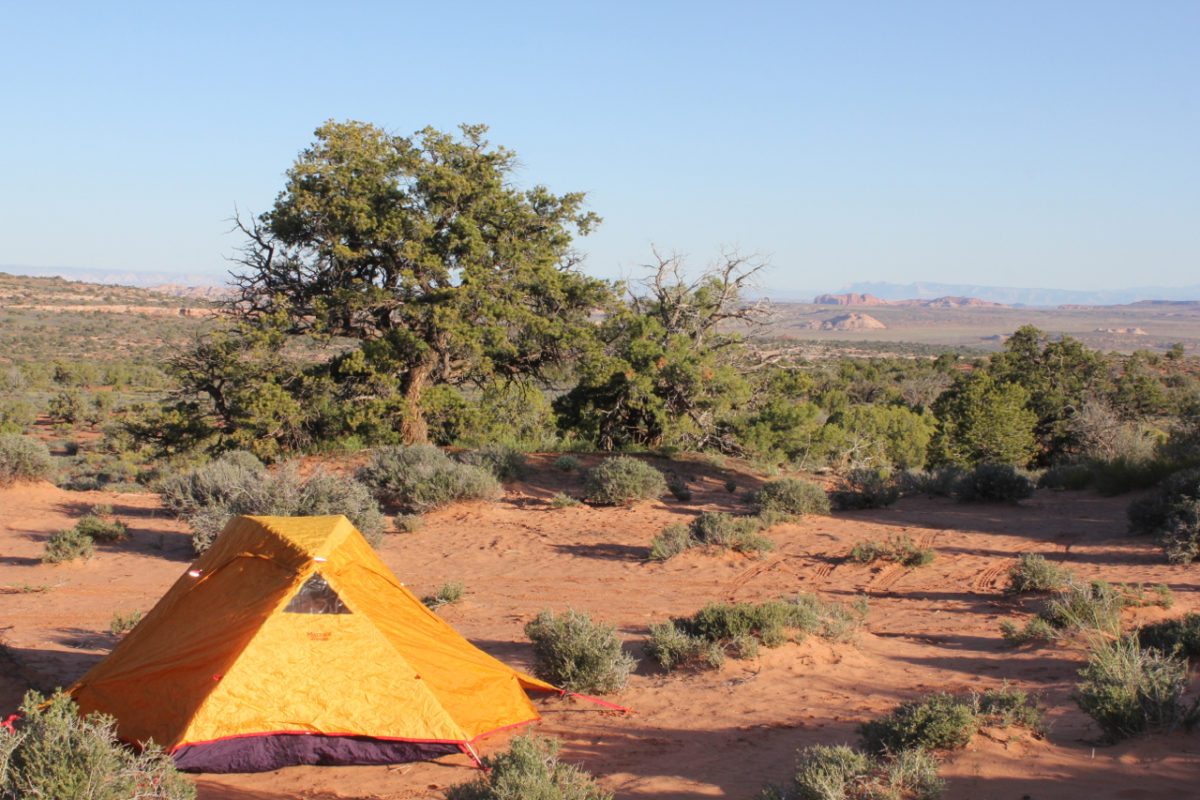Transitioning from backpacking to car camping is like going from a Hilton on Waikiki Beach to a Motel 6 in Gary, Indiana. Backpacking offers an embarrassment of outdoor amenities: hermetic solitude, unfettered wilderness, brain-bucking star shows. It sets all precedent for the outdoor experience. Anything less is a massive, mind-sagging disappointment.
I learned this several days ago in New York’s Allegany State Park. After spending several days backpacking in Canyonlands National Park’s Salt Creek Canyon, a remote maze that holds a trove of Anasazi ruins, I returned east to attend to family matters. During a free night I grabbed a campsite at Allegany State Park, in southwestern New York along the Pennsylvania border.
I only wanted a patch of forest to pitch my tent and use as a base for a quick hike at dusk and an early morning kayak paddle. I expected a relaxing night, but instead received the following lessons in the cold realities of today’s car camping scene.
Car Camping Lesson 1
Leave no trace does not apply to car campers. Upon pulling into campsite 17 I conducted an Allegany CSI (Camp Site Investigation) and learned that the previous tenants enjoyed Little Debbie snack cakes, read People magazine, and mistook maple syrup as a picnic table lacquering agent.
Car Camping Lesson 2
Camping trailers today are large enough to apply for statehood. The trailer that neighbored me spanned, according to the owner, 32 feet. It created the comforting aura of camping next to a strip mall with lodging options.
Car Camping Lesson 3
Roughing it for people in trailers means the trailer’s flat screen does not offer the Weather Channel in HD.
Car Camping Lesson 4
Even with the Boy Scout motto “Be prepared” firmly rutted in the mind, nothing can prepare you for the horror of spending a night camping listening to the trailer across the road play Foreigner’s Greatest hits over and over and over until 1 in the morning. The lone consolation being the sleepless hours gave me time to read the left-behind People magazine. I had no idea Taylor Swift sported a tattoo.
Car Camping Lesson 5
Maple syrup lacquered picnic tables are still sticky the next morning. Six days later and the daypack still feels like it’s coated with invisible Velcro.


